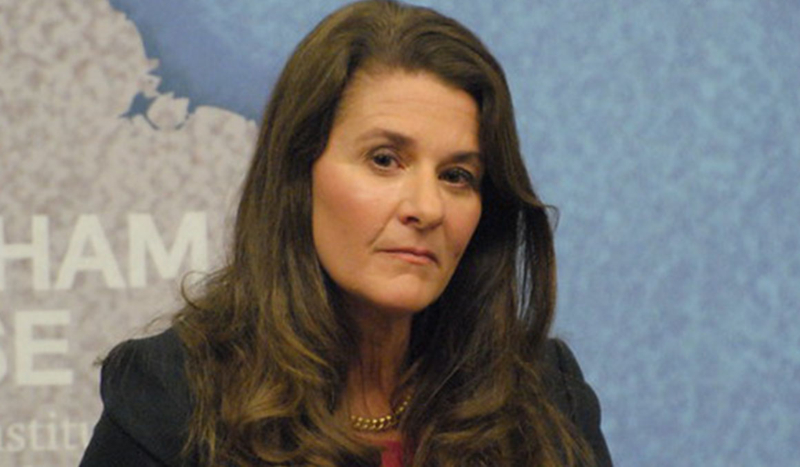
Chatham House / Flickr
CV NEWS FEED // Melinda French Gates said she experienced “almost a crisis of faith” before embracing a pro-contraception stance, citing a “very liberal” priest as a key influence in her decision to diverge from Catholic teaching.
In an April 17 interview on The Jamie Kern Lima Show, the philanthropist and co-founder of the Bill & Melinda Gates Foundation described how her travels to underserved areas exposed her to families living without contraceptives, People reported. Gates recounted hearing from women who experienced pregnancies in rapid succession — some of which led to the loss of a child or even the mother’s death.
“[T]hey would talk about children,” she said, according to People. “And both the men and the women knew that when they could space the births of those children, they were better off.”
Gates said those stories prompted a personal spiritual conflict.
“I started to realize, I believe in life. I believe in these children’s lives. The worthiness of them, the inherent beauty on the day they’re born,” she said. “But because of a man-made rule in the church that I am in — the Catholic church — we’re not allowing women to have access to contraceptives. And so talk about an incongruency, right? And I had to really then reckon with my faith.”
She described her struggle as “almost a crisis of faith” and turned to scholars at Notre Dame to better understand Church teaching.
Her perspective shifted, she said, after reading the writings of Father Richard Rohr — whom she inaccurately described as a Jesuit. Fr. Rohr is a Franciscan friar and author widely known for promoting progressive theology and spirituality, including positions that diverge from the Magisterium.
“I need to actually unlearn some of these things,” Gates said, “because I can’t square the circle.”
Gates said she ultimately concluded that she believes “in the dignity of life” but felt compelled to speak publicly in support of contraception, believing she had a responsibility to use her platform to advocate for what she called “a tool” for women.

